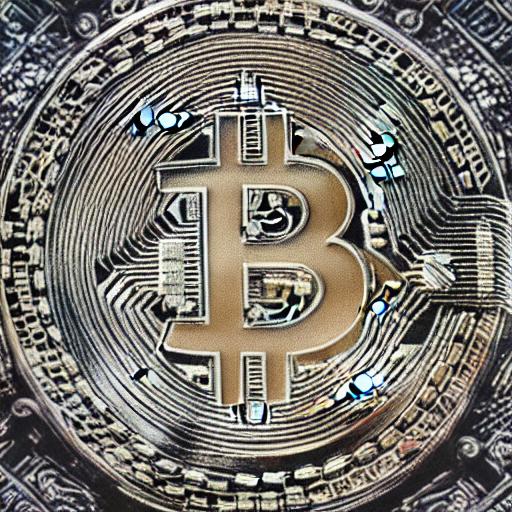If the FTX controversy wasn’t awful enough to scare everyone away except the crypto diehards, there is now much worse news for cryptocurrency investors.
According to new research, up to 4/5 of cryptocurrency transactions on unregulated exchanges may be fake.
The paper titled Crypto Wash Trading, which was recently disseminated by the National Bureau of Economic Research, claims that the majority of significant unregulated crypto exchanges engage in excessive wash trading. It was written by Ke Tang and Yang Tang of Tsinghua University, Lin William Cong of Cornell, and Newcastle-upon-Tyne resident Xi Li.
The average wash trading, according to their estimates, is 53.4% of trading on unregulated Tier-1 exchanges and 81.8% on Tier-2 exchanges. In contrast to those in Tier-1, which were older, Tier-2 exchanges were primarily established in 2017 and 2018.
Government rules must be followed by exchanges that are regulated, such as Bitstamp, Coinbase, and Gemini. And there is no ambiguity regarding behaviour on those platforms.
But it appears that wash transactions may be out of control in the unregulated ones—those mentioned in the NBER paper. That’s a huge concern for investors.
Investopedia defines wash trading in the following way:
- “Wash trading is a process whereby a trader buys and sells a security for the express purpose of feeding misleading information to the market. In some situations, wash trades are executed by a trader and a broker who are colluding with each other, and other times wash trades are executed by investors acting as both the buyer and the seller of the security.”
It is significant for several reasons. The first is that wash trades give the appearance that there is a bigger trading volume than there actually is in the market for the security or asset.
Institutional investors typically become more interested in placing bets on an asset when trading volume surges. But it’s possible that those investors are choosing to invest because they think the volume being reported is largely real.
19% of institutional investors invest in cryptocurrencies, according to statistics from the NBER paper.
Just as fake earnings reported on an income statement deceive investors into parting with their money, phony volume produces a deception that may entice investors.
Wash trades are illegal in the United States of America for this reason, at least in part. Additionally, Wash trading, which was often exploited by investors to evade paying income tax, is prohibited.
Does this imply that those unregulated crypto trading sites are engaging in illicit activity?
Maybe. Perhaps not, based on the NBER paper. We’re not saying that exchanges carry out all wash trading. People could also wash trade.
Or, to put it another way, it is unclear exactly who should be blamed for the potential market manipulation described by the authors in the NBER research.













